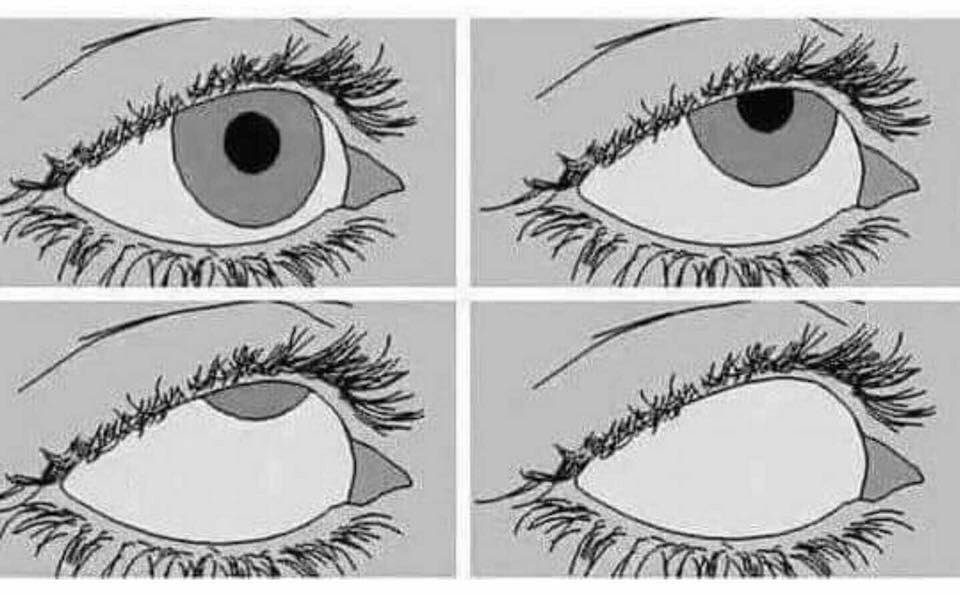The problem with sexual violence in storytelling

I was telling a friend about my frustrations with a book.
I said, ‘I just want to read a great fantasy book where female characters aren’t terrorised with sexual violence’.
My friend scoffed in response, ‘You’d have to invent an entirely new genre for that!’
A. New. Genre.
How incredible. It is so ingrained and accepted that the genre of fantasy, which is based on entirely imaginative things, doesn’t have room for the freedom of female characters.
Dragons and sorcery are more believable to society than a world where men don’t sexually abuse women.
This issue isn’t only present in fantasy, it’s across every genre of fiction. But fantasy/historical fiction is a good place to start talking about it.
“But it’s realistic!”
A common defence of sexual violence is that it is ‘realistic’ for the time period.
There are soooo many layers to that problematic onion, let’s just peel back a few.
First of all, it’s fantasy. None of it is realistic. We can even extend this point beyond the fantasy genre to fiction in general. It’s. Not. Real. Anything can happen, and yet you won’t allow safety for women to happen.
Why not apply the expectation of realism to other aspects of the story? If realism is so important, why not make the female characters ungroomed as well? No more hairless underarms and perfect make-up. And turn the dragons into not-dragons. “No!”, the viewers cry. “We don’t want to watch ugly unshaved women! That’s gross!”
Ungroomed women are more offensive to the public than sexual violence.
How about including other examples of sexual violence to add to the realism. It would be very realistic to depict sexual violence against children. “No!”, the viewer cries again. “Sexual violence against children is wrong!”
Well, then why is sexual abuse against women ok? How can one person being abused be wrong and another acceptable? I thought you wanted to be realistic?
“But it shows what women go through!”
Some people argue that depictions of sexual violence in books and film do a community service to raise awareness about this issue. That is true, there are some books and films that do this.
However, more often than not, sexual violence is depicted in irresponsible ways. Instead it is used as a cheap shortcut to show that a character is really a ‘bad man’, or that another character is a ‘good man’ because he rescues a woman from sexual violence.
Many scenes of sexual violence are designed to be received as sexually exciting by the audience.
It is hurtful and irresponsible to depict sexual violence as a fun, titillating romp. It is a complete misrepresentation of the trauma survivors of sexual violence experience.
There are ways to write about sexual violence responsibly, which you can read here.
Just stop.
I am always amazed at how passionately people defend sexual violence in books and movies. Just stop for a moment and think about what you’re defending. I wish people were that passionate about stopping sexual violence in reality.
The truth is that sexual violence against women is so normalised in our society, people consider it as entertainment.
Sexual violence is a serious problem that should never be trivialised.
When faced with the actual reality of sexual violence committed by men in society, everyone turns a blind eye and remains ambivalent.
Storytelling can reflect and perpetuate serious sociocultural issues, and writers have a responsibility to consider the impact of their work.
In protest against authors who write sexual violence in an irresponsible way, I have decided to deduct 1 star from their book’s rating. It may not seem like much, but it is just one small thing I can do to start a conversation with others.